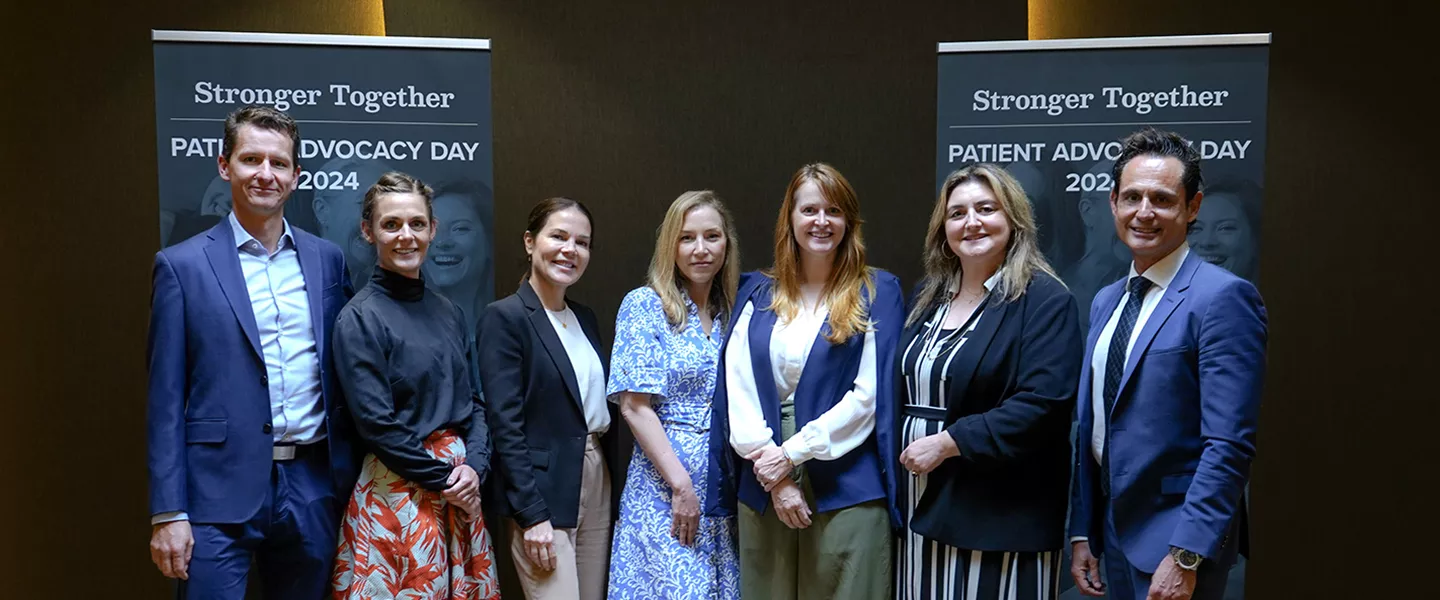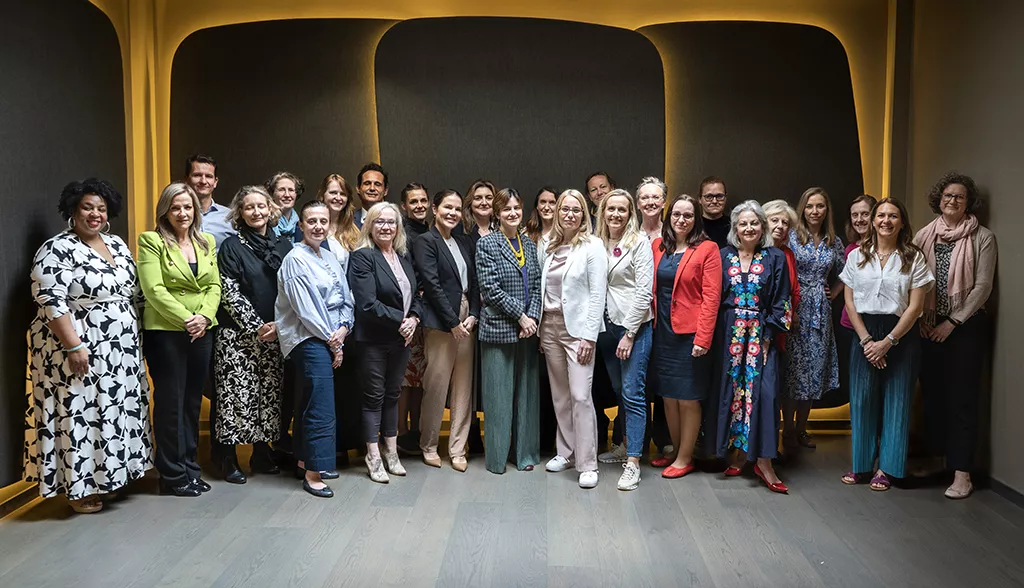Leveraging Patient Advocacy in the Fight Against Cervical Cancer

With strong governmental and societal commitment, eradicating cervical cancer – a goal that public health leaders describe as very much within reach – can turn from aspiration into reality.
Participants in the second annual Hologic Global Patient Advocacy Day in Brussels, Belgium united behind this message. The recent event brought together women’s health experts to network, share best practices, call out key data and discuss the overall state of cervical cancer worldwide.
Hologic created the series to establish and improve its relationships with key patient advocacy groups as well as strengthen global collaboration with decision-makers in the cervical health space. The ultimate objective: to educate and provide insights on how advancements in screening can enable the best possible outcomes for cervical health.
Dr. Matejka Rebolj (Queen Mary University in London) and Athena Lamnisos (CEO of the patient organization The Eve Appeal) chaired the event. Patient advocates traveled from the United Kingdom, the Netherlands, Hungary, Turkey, Belgium, France, Germany, Switzerland, Finland, the United States and Canada to attend. Rosanne Lamplough, a representative from the Union for International Cancer Control, also joined the group.
Quote from Carmen Wyton
"The global perspective is very powerful. Seeing all the countries involved and the passion to lead change is highly motivating. Hologic’s investment and the time that every person contributed to the day, the travel, the prep – it all elevates the importance of advancing cervical cancer initiatives. We were a part of something bigger than any of us individually."
Cervical cancer is both preventable and curable with early detection. Yet statistics from the World Health Organization (WHO) show the disease remains the fourth most common form of cancer among women globally, claiming hundreds of thousands of lives every year. The WHO has set a goal to eliminate cervical cancer by 2030 by establishing strategic targets for HPV vaccination, screening and treatment.
National screening programs have successfully reduced the burden of cervical cancer, contributing to a drop in cervical cancer rates by as much as 80% in some countries since the 1980s. Despite this proven success, some countries have experienced significant declines in screening participation in recent years – particularly in nations with well-established screening infrastructure.
Patient advocacy groups play an important role in raising awareness about the benefits of cervical cancer screening and HPV vaccination. At the Hologic-coordinated event in Brussels, patient advocates discussed the range of challenges that different groups of women face when it comes to screening – and how to address these issues. Participants highlighted one focal point for action: raising awareness about cervical cancer screening among under-screened populations in partnership with healthcare professionals, policy leaders and local communities to help reverse downward trends in screening.
As part of a best practices session, Hologic reinforced its commitment to supporting joint initiatives that foster collaboration with patient advocates, researchers and policy decision-makers. Some key recommendations included clear and transparent communication between industry partners and patient advocacy groups to align on common goals and continuous efforts to discuss projects and funding opportunities.


